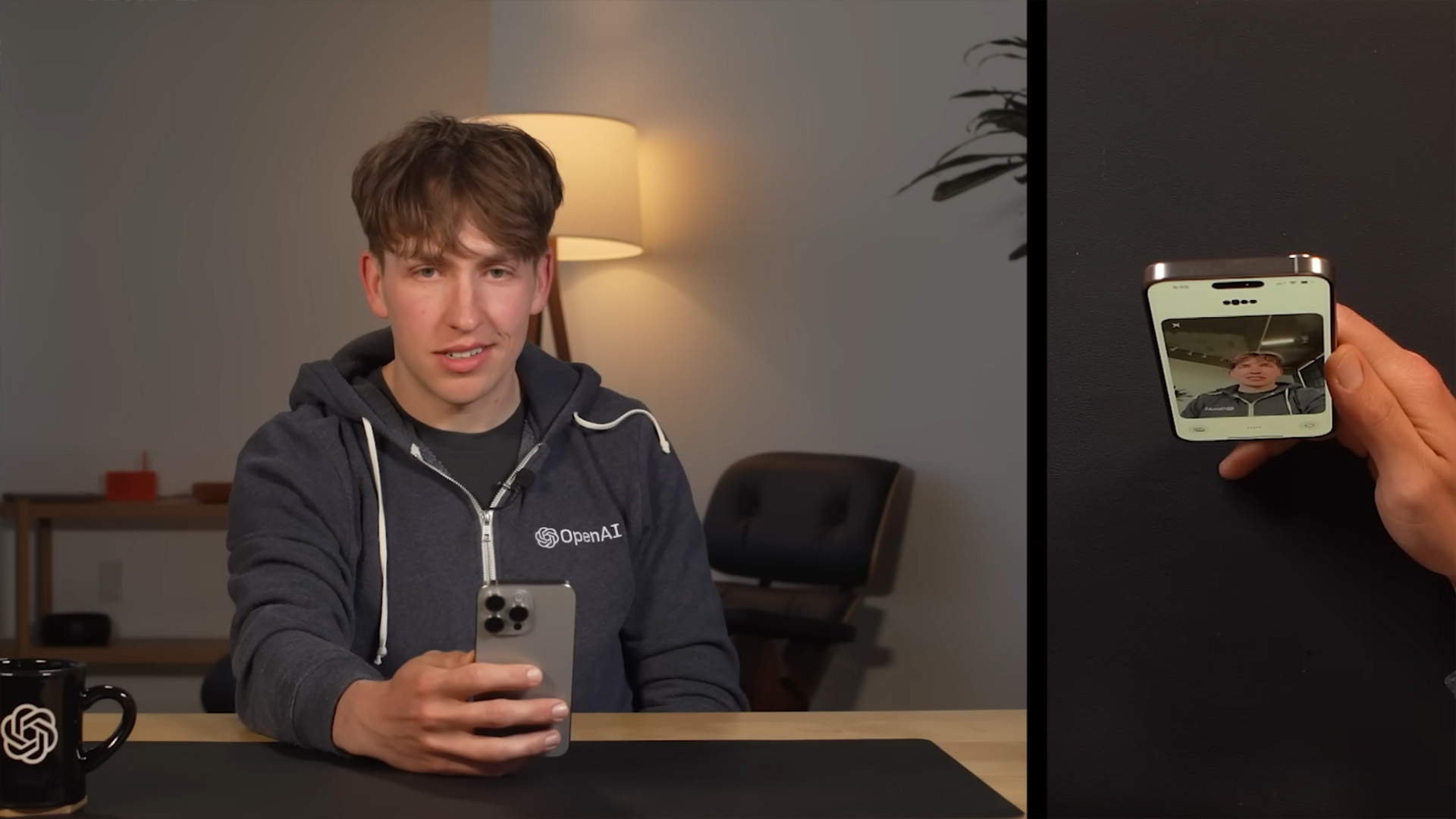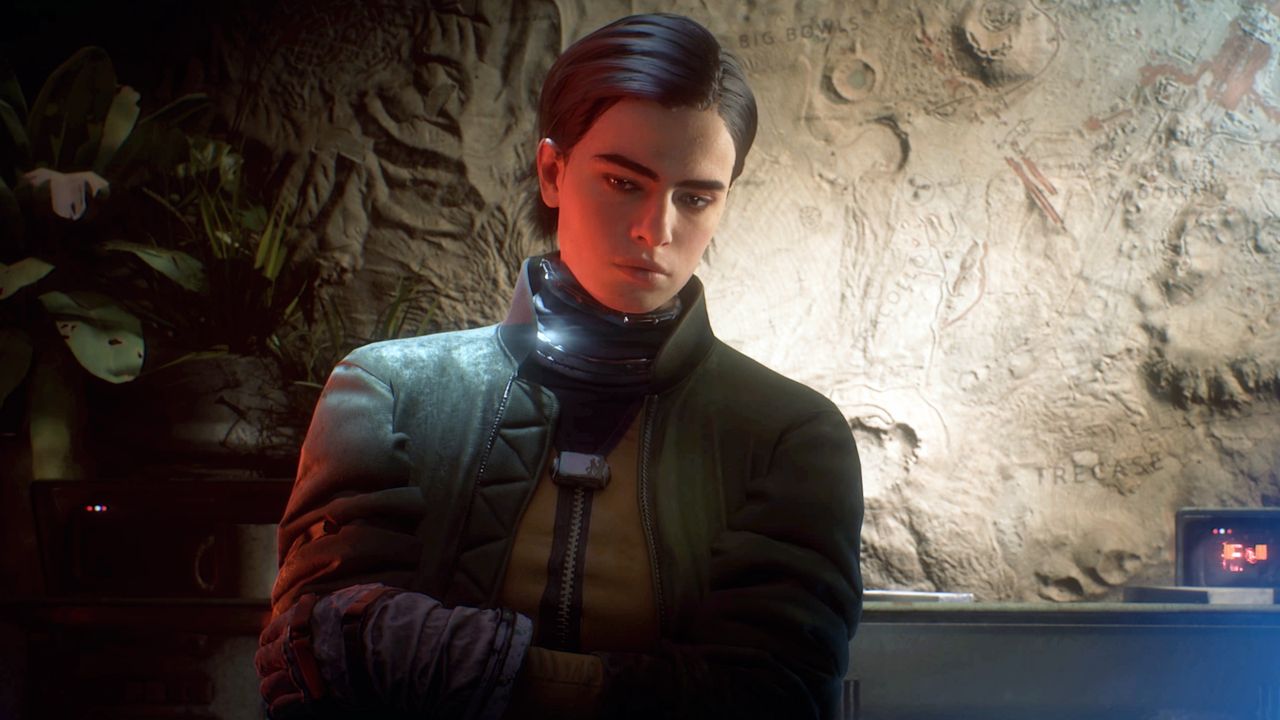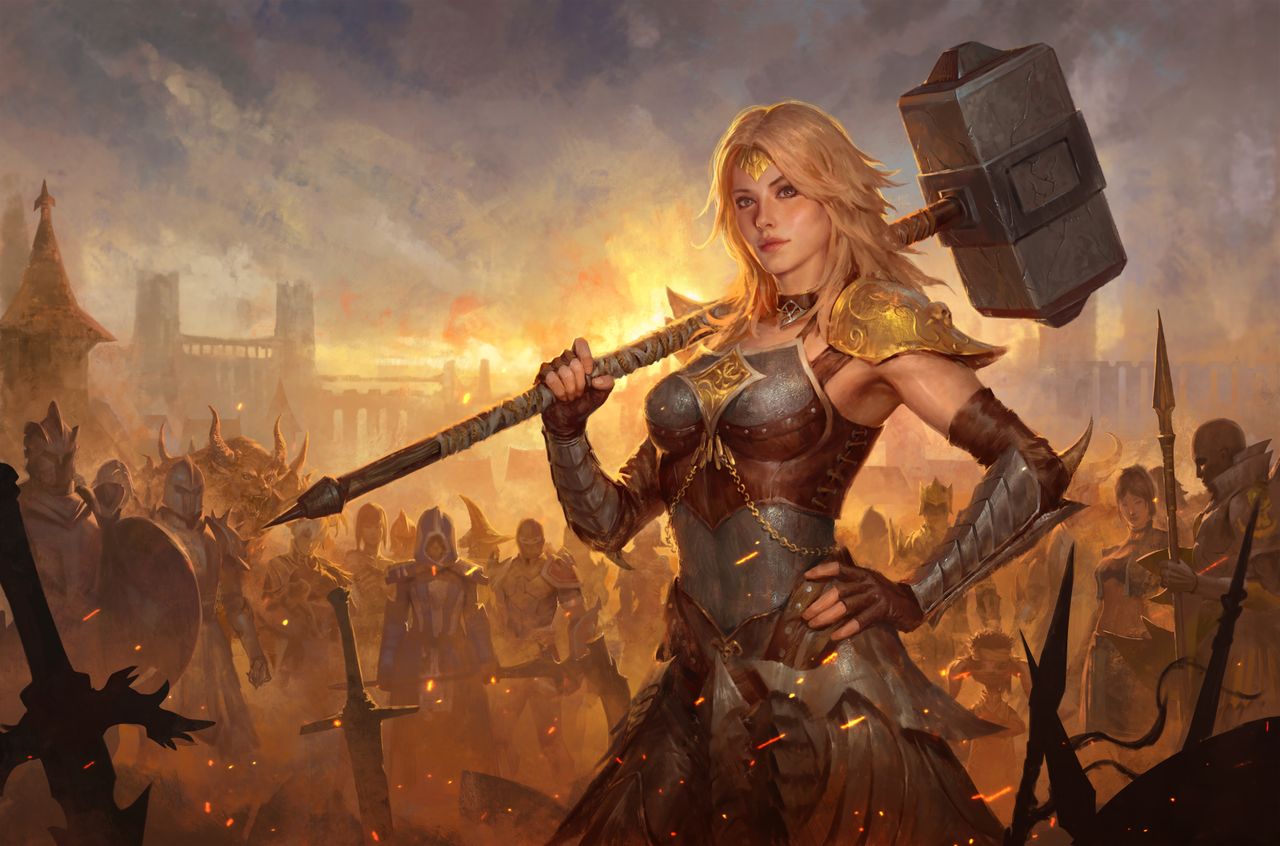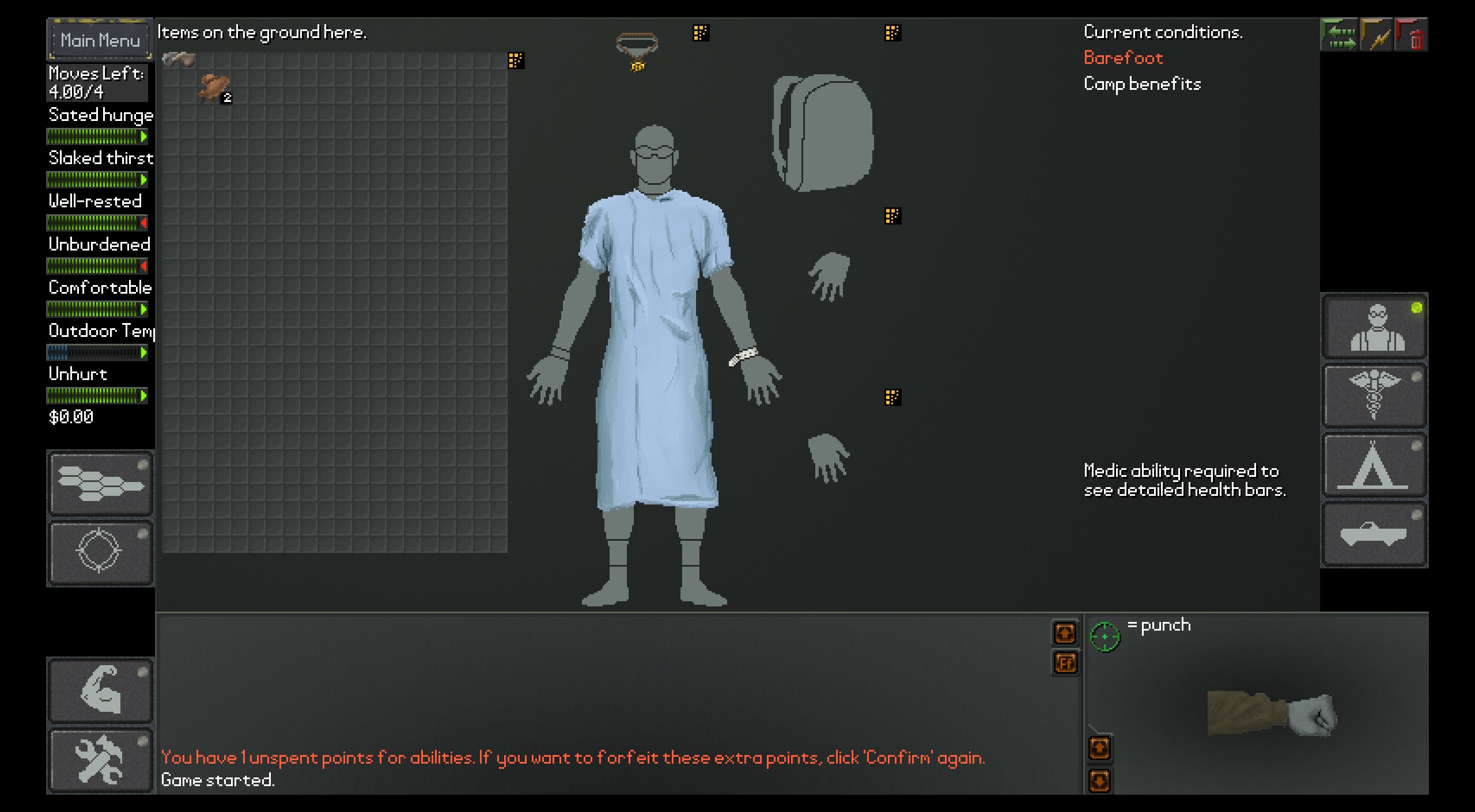OpenAI pauses use of GPT-4o ‘Her’ voice due to similarity to Scarlett Johansson: ‘so eerily similar… my closest friends and news outlets could not tell the difference’

The latest version of ChatGPT will talk to you. It sounds eerily similar to a human being, too. That’s swiftly become a problem for the company behind it, OpenAI, which has announced it will be removing one of ChatGPT’s voices for sounding too similar to Hollywood actor Scarlett Johansson.
“We are working to pause the use of Sky,” OpenAI said in a post on X.
The company has also published a blog post on how it created the voices for the chatbot’s Voice Mode. It includes the key characteristics it was aiming for with each of the five voices used in the program, which include a sense of timelessness, being approachable, and being easy to listen to. And yet the voice assistant feature still makes for awkward watching.
The post says that professional voice actors were used for each of the voices: Breeze, Cover, Ember, Juniper, and Sky.
Also mentioned is how OpenAI believes “AI voices should not deliberately mimic a celebrity’s distinctive voice.”
Sky, however, does sound a lot like another famous AI, and in turn its celebrity voice actor. The emotive AI assistant in Her, a movie directed by Spike Jonze, voiced by Scarlett Johansson.
CEO of OpenAI, Sam Altman, has been keen to suggest similarities to the movie Her. During the new voice mode’s announcement, as a part of GPT 4o, Altman posted a short but suggestive post on X that simply read: “her”.
According to Johansson, speaking to NPR, Altman had also hoped to go one further than merely sounding similar. Altman had reached out to Johansson to try to secure the actor’s permission to use their voice for the ChatGPT feature, seemingly to recreate the Her experience. The actor said Altman believed Johansson’s voice would be “comforting to people”.
Johansson ended up rejecting the offer, citing personal reasons. Altman then tried to reconnect two days prior to the feature’s announcement. Before him and Johansson could speak, it was released.
Johansson says she was shocked to then hear similarities to her own voice in the voice feature.
“I was shocked, angered and in disbelief that Mr. Altman would pursue a voice that sounded so eerily similar to mine that my closest friends and news outlets could not tell the difference,” Johansson said.
The actor’s lawyers reached out to OpenAI to find out how it had ended up creating the Sky voice.
In response to the actor’s comments, Altman said: “We cast the voice actor behind Sky’s voice before any outreach to Ms. Johansson. Out of respect for Ms. Johansson, we have paused using Sky’s voice in our products. We are sorry to Ms. Johansson that we didn’t communicate better.”
OpenAI’s CTO, Mira Murati, denied deliberately designing the Sky voice to be similar to Johansson’s.
Voice acting is one of the many industries that has been impacted by the rollout of artificial intelligence, as it’s able to put a lifelike voice to text. You can definitely argue it’s not quite there yet, but that’s a gap likely to be bridged by ever improving AI technology. How closely can these AI-generated voices sound to famous celebrities before they intrude on a living person’s likeness? This case highlights a much wider case for the proper use of AI in creative industries.
“I look forward to resolution in the form of transparency and the passage of appropriate legislation to help ensure that individual rights are protected,” Johansson said of legal safeguards for actors in light of AI tools.
There are concerns that voice actors may feel pressured to sign away their likeness to firms that intend to use it indefinitely for the creation of AI voices, or that newer voice actors may do so unwittingly. I’ve spoken to union representatives who have raised concerns around AI language used in acting contracts in the UK, and Sag-Aftra members in the US have raised the alarm around poor deals to cover voice actors working in gaming.




